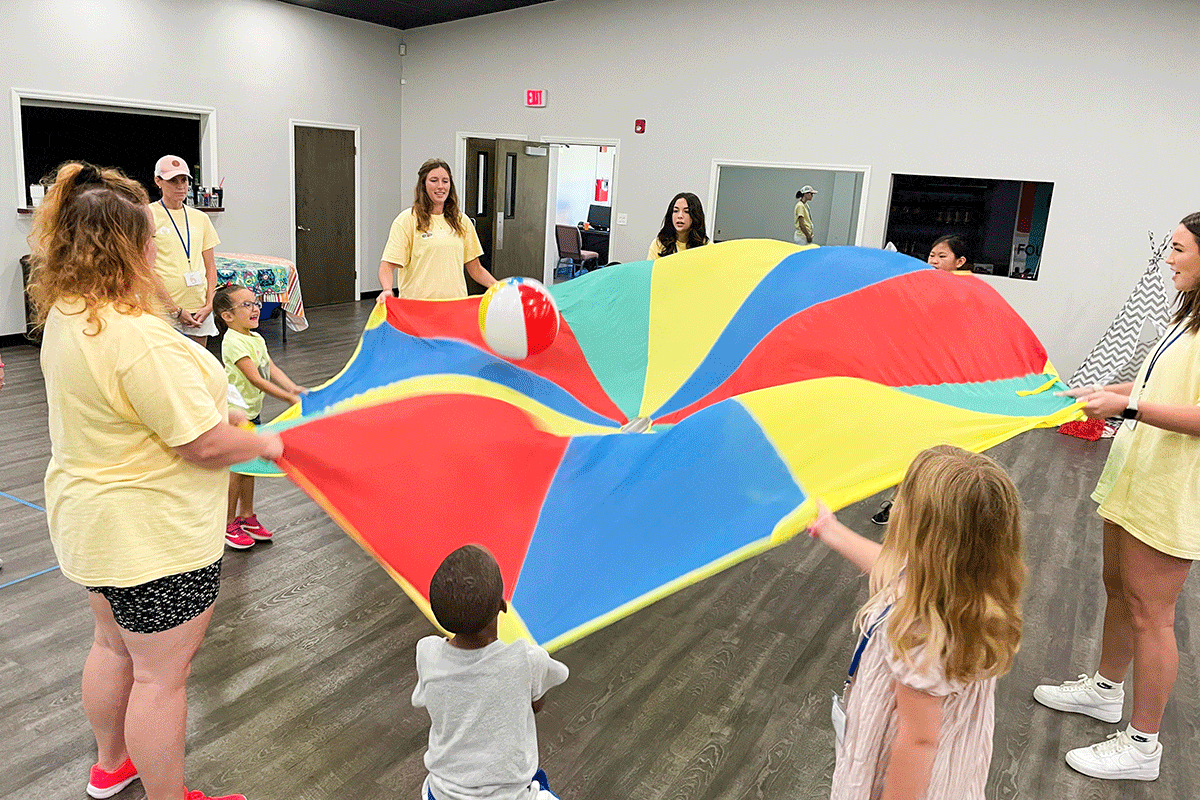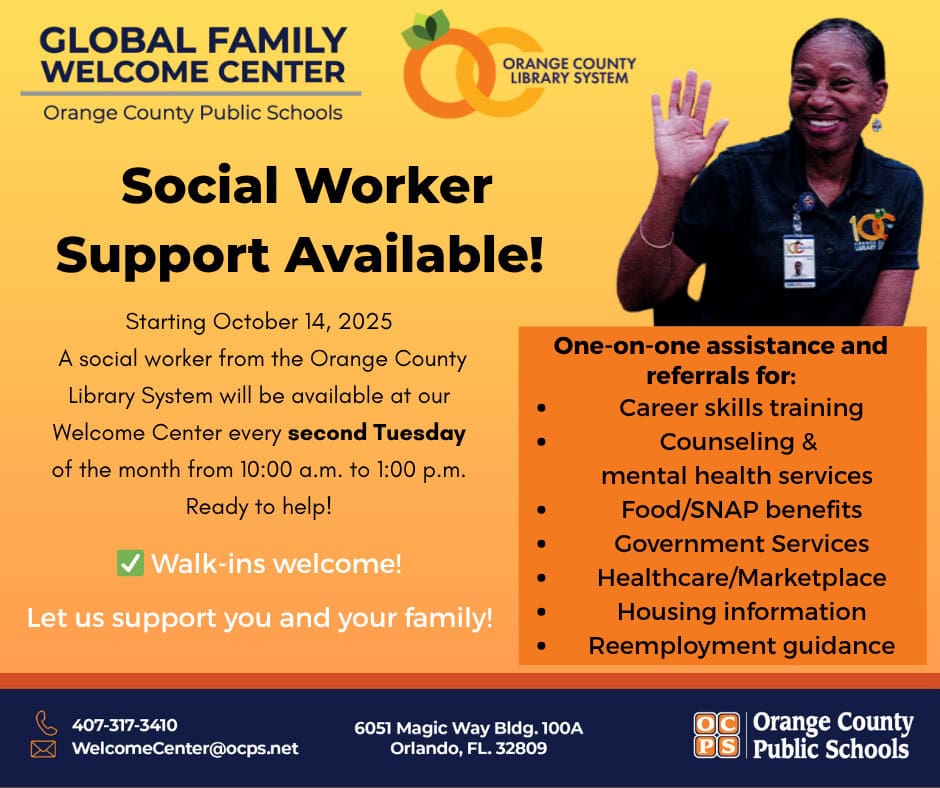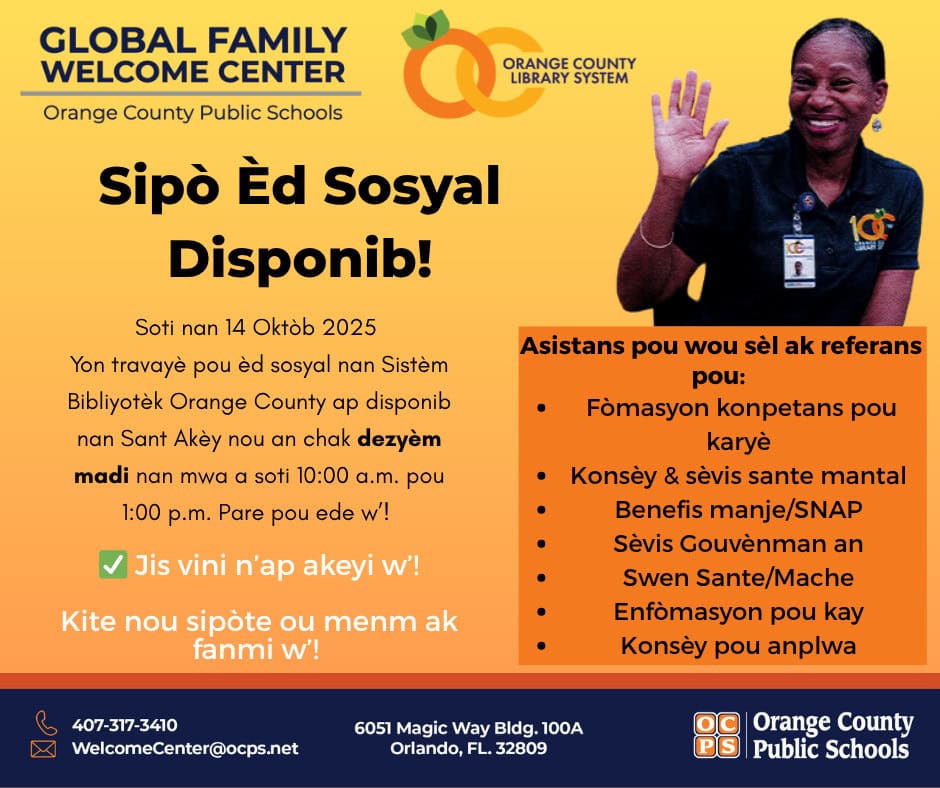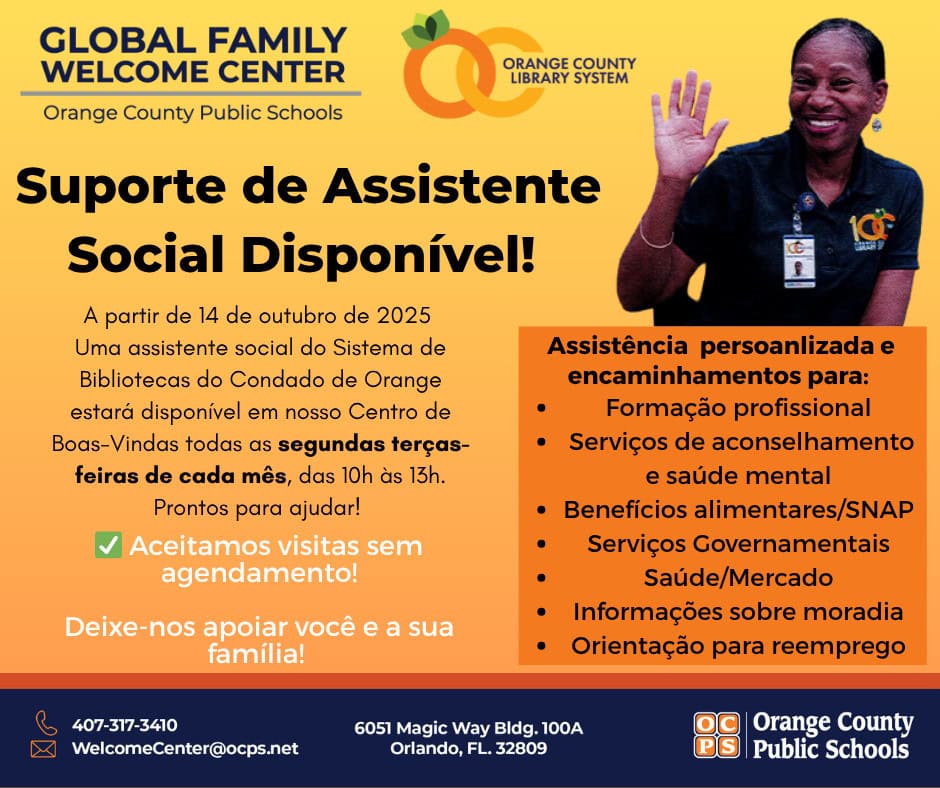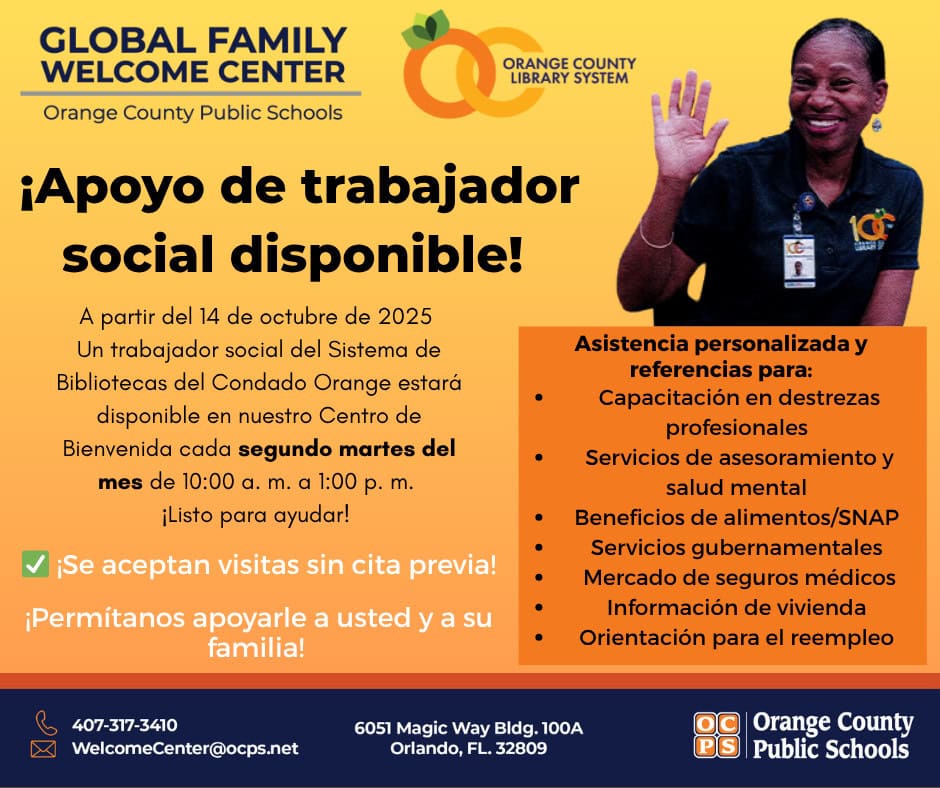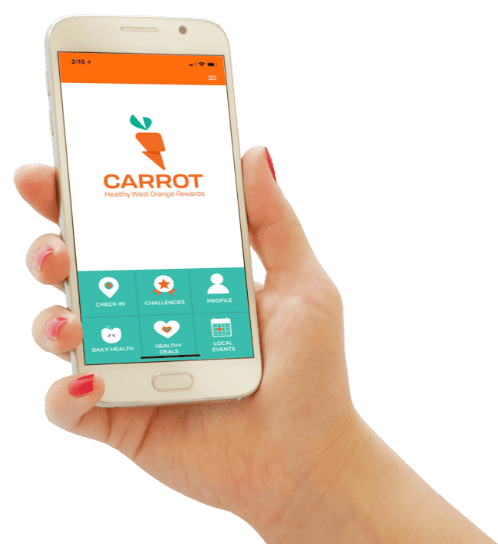Children’s Mental Health Awareness

To bring awareness of World Mental Health Day this year, we connected with local subject matter expert Summer Darnell of The Nurture Place. The Nurture Place is a nonprofit organization with the mission to expand access to care for children, families and our community in West Orange County. They collaborate with the community to provide safe and healing spaces for families to connect, play and grow.
Managing Anxiety and Stress in Children
For World Mental Health Day on October 10, we are addressing one of the most common mental health concerns for children: anxiety and stress. In the midst of the ongoing disruption due to the pandemic from March 2020 until now, some children have now spent the majority of their young lives living with this additional concern and uncertainty. Experiencing low to moderate levels of anxiety or stress is normal, healthy and expected for all human beings, including children. It can even serve a positive purpose in our lives, spurring us on towards our goals and protecting us from harm. However, when stress or anxiety begins to keep us from doing what we enjoy or is too intense for too long, providing a way to identify it and cope with it is important. It is relieving to know that eliminating all anxiety is not the goal! Rather, assisting your child in learning to decrease the levels of anxiety or stress they are experiencing and coping well with their difficult feelings is something all parents can help with. Here are three ways you can help your child manage their stress:
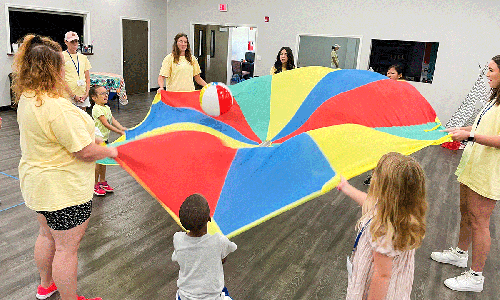
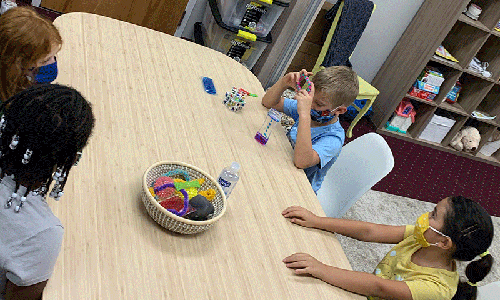
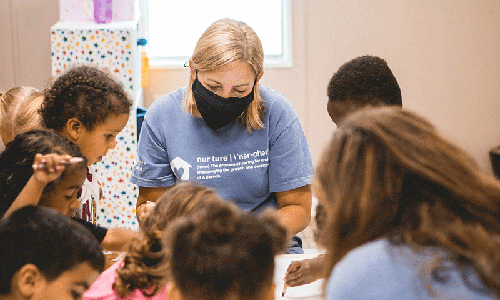
Listen:
At times, a child expresses their stress and anxiety with words, however, more likely and frequently, you see that they are feeling stress due to their behaviors. Anytime behaviors outsize the situation at hand, you can be assured that something else is going on beneath the surface. For instance, a meltdown occurring during breakfast because “I want the blue bowl, not the red one!” might actually be an expression of anxiety about going to a new place or separating temporarily from you during the school day.
Identify Feelings:
All feelings serve an important role in our lives. The goal is to help your child distinguish worry and anxiety from other feelings. You can help your child by identifying your feelings over the next week. For example, “I’m feeling frustrated.” or “I am happy today.” You can also help your child identify their feeling by reflecting on how they appear to be feeling. For example, “You seem sad, your mouth is downturned, and you are not as peppy as usual.” or “I can see you are feeling really angry right now.” This helps your child feel like their feelings are important. Small hint, it works for grown ups too.
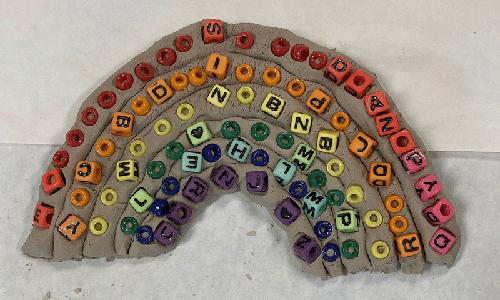
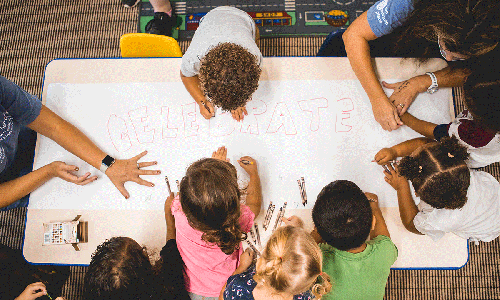
Play:
Play is the #1 way that we connect with our child and connection strengthens our relationship. Sharing play with a compassionate, attuned caregiver helps a child feel felt, seen, understood and accepted. Play provides opportunities for children to express themselves creatively. Exercising imagination helps a child process their real-world experiences at a safe distance. Increasing play that involves touch, movement and laughter reduces stress and breathes renewed energy into our children’s hearts.
To learn more about The Nurture Place and the mental healthcare they provide, you can check out their website here, email admin@thenurtureplace.org, or call 407-204-1101.
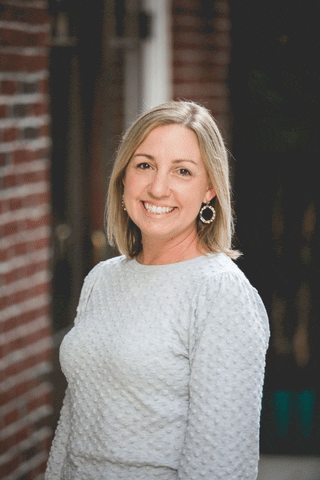
About the Author
Summer Darnell is a Licensed Mental Health Counselor (FL# MH17578) who loves helping children and families experience healthy, connected relationships. She is passionate about providing open and affordable access to family support, prevention and intervention and building collaborative, trauma-informed communities. Summer has completed training to help children, adoptive and foster families as well as new parents and is completing training in Child Parent Psychotherapy, an evidence-based therapy for children ages 0-6. She is a member of the Florida Association for Infant Mental Health and serves as a Clinical Consultant for Liz’s Legacy Foundation.
Summer holds a Bachelor of Science in Economics from American University in Washington, D.C. and a Master of Arts in Professional Counseling from Liberty University. She is married to her husband, Jay, for over 24 years and she is mom to one young adult, Brantley, and two children, Parker (14) and Haley (10).
Share this Post
you might also like
There is nothing worse than a toothache, am I right?? Oral health is very important for overall health and wellbeing, at every age!

